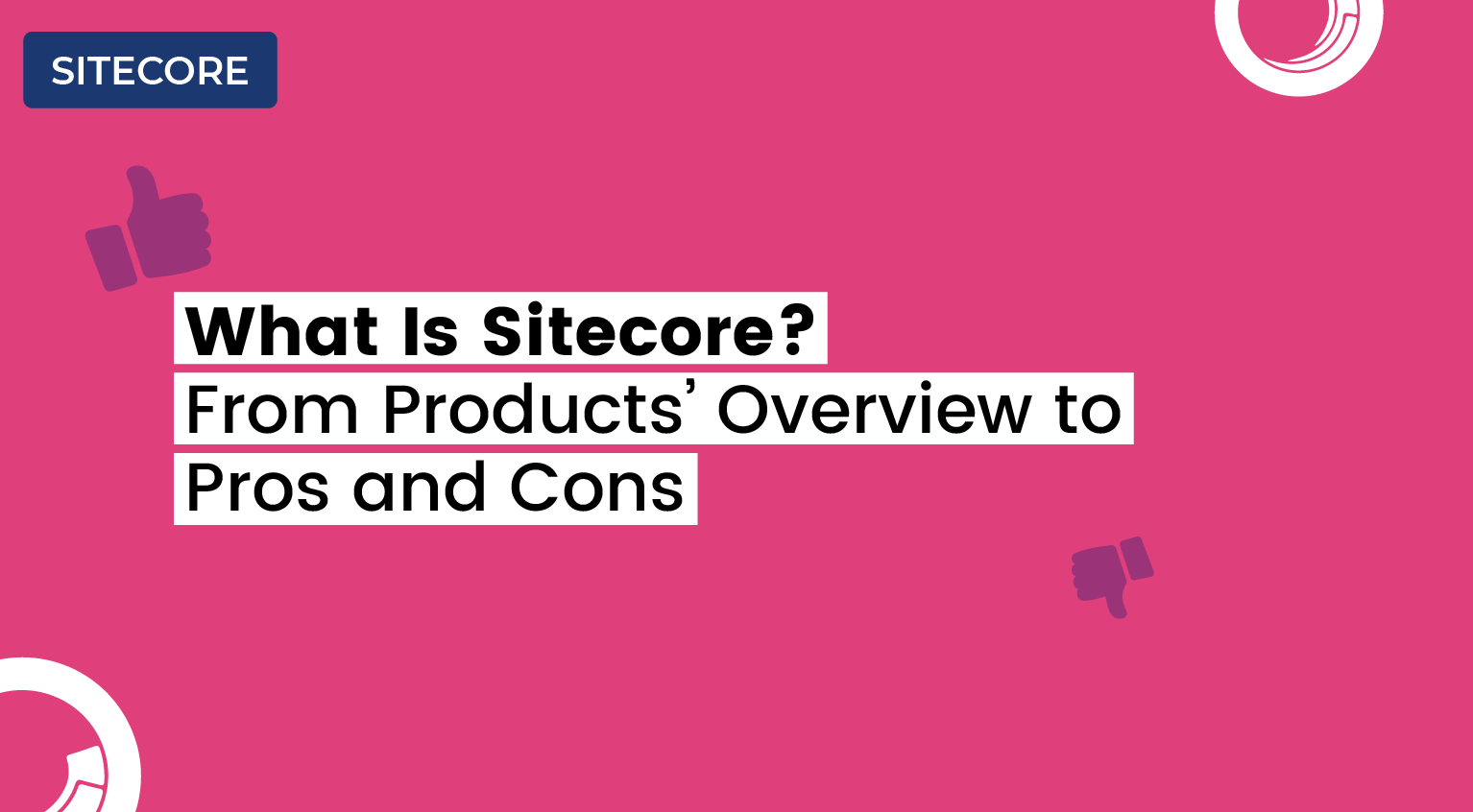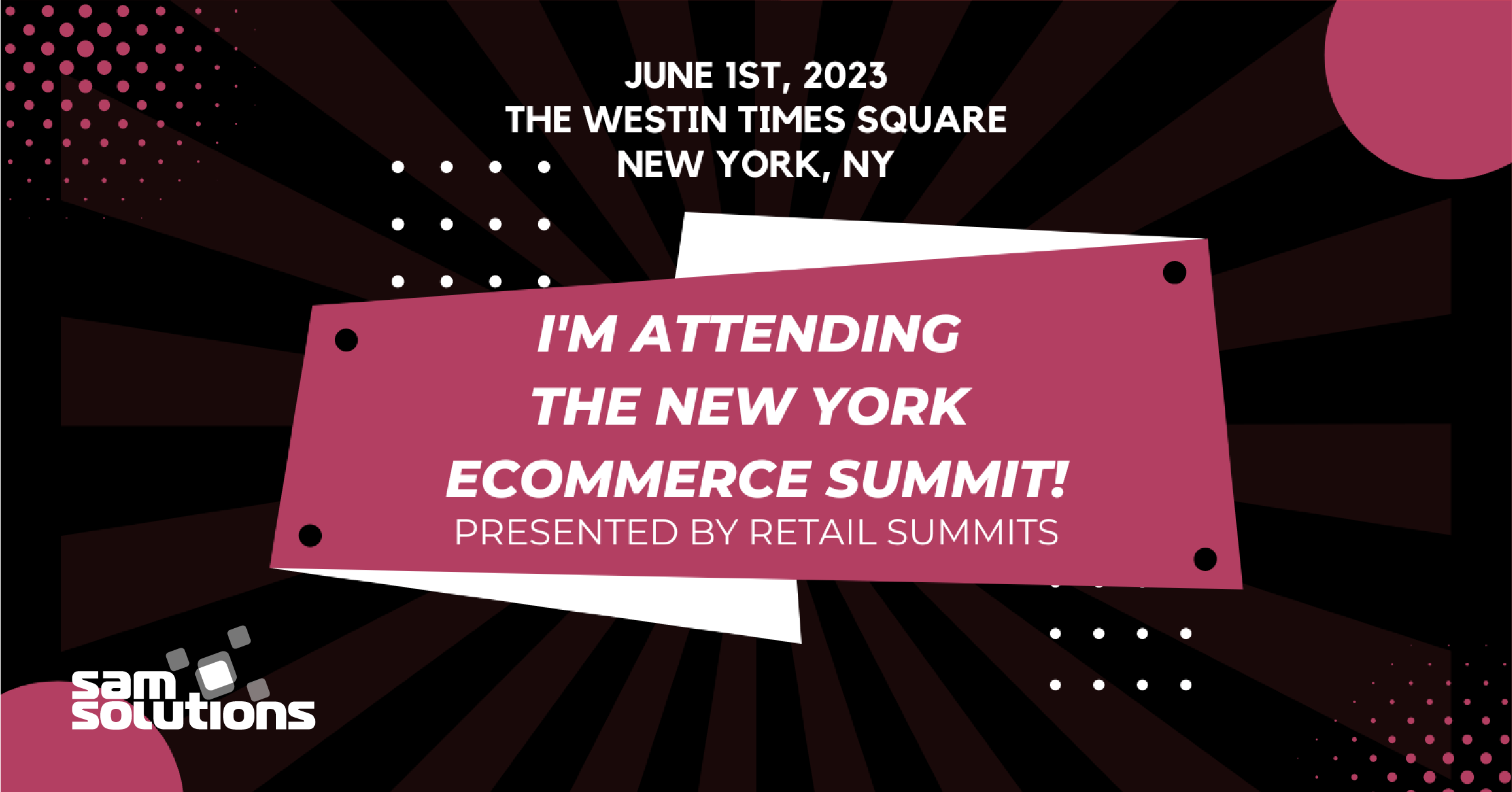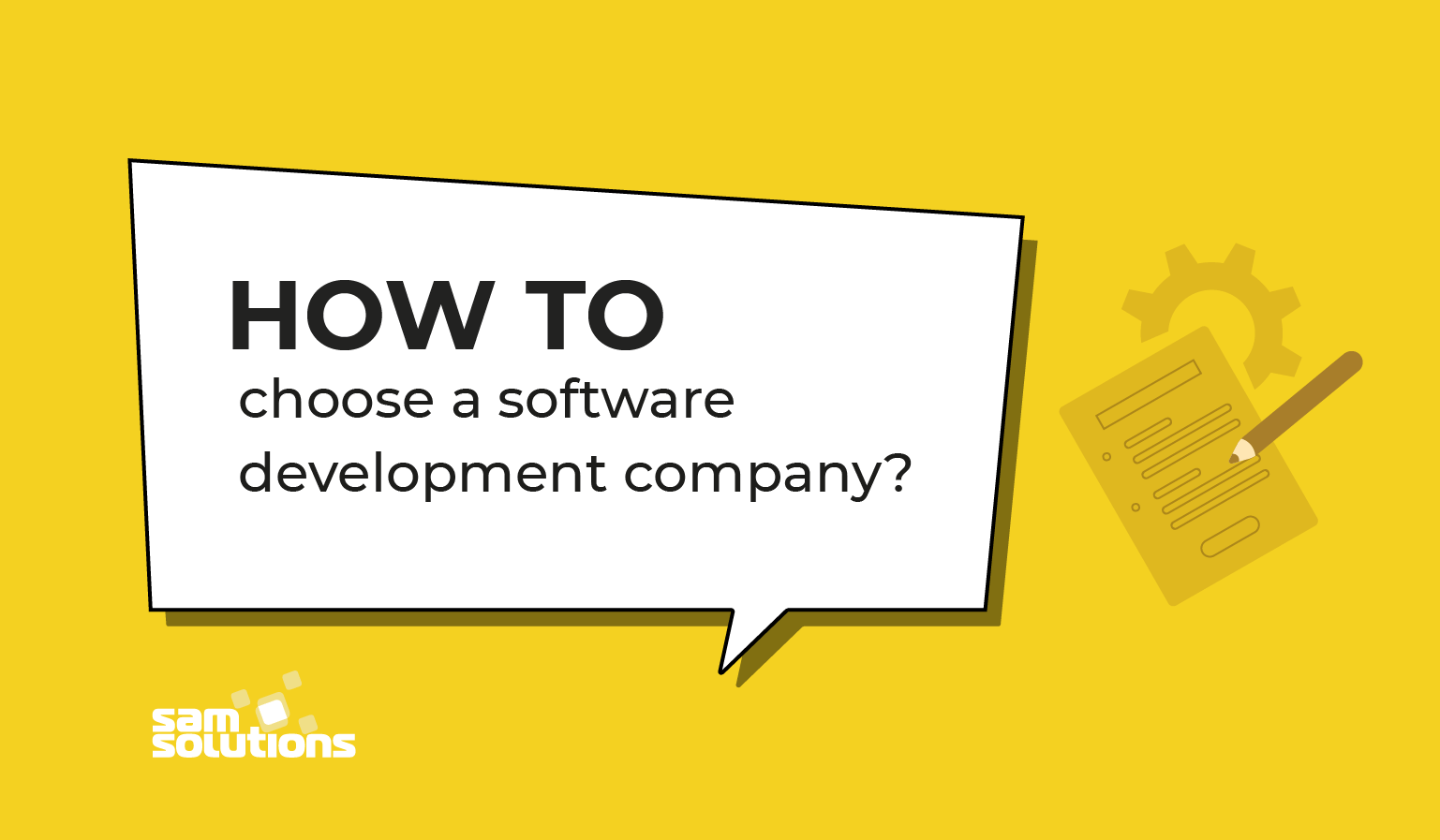In a recent podcast hosted by Core Sampler© and Tamas Varga, SaM Solution’s Lead Developer, and Sitecore Technology MVP, Vadzim Papko shared his thoughts on how the MVP community creates the backbone of the Sitecore Global ecosystem and reasons why any developer should pursue joining the Sitecore MVP community. Click to listen to the podcast:
Episode 68: Get to Know an MVP: Vadzim Papko
Full transcript of the podcast:
Introductions
Hello everyone. First of all, I hope you are staying safe and healthy these days.
My name is Vadim Papko and I’m from Belarus. I work for SaM Solutions, which is a software company, as a Sitecore team lead and head developer. I’m also responsible for the development of .NET and Sitecore training programs.
I both live and work in Minsk, although I’ve worked on numerous remote projects in the United States and Western Europe.
Aside from my main job, I volunteer as a chief .NET technologist, where my focus is on growing .NET and Sitecore ecosystems and raising awareness for these great technologies among local tech talent.
Last year I had a privilege to receive a Sitecore MVP 2020 in technology. It was my first award from the Sitecore community, and I hope to receive many more in the future.
When did you join the Sitecore Community?
Great question – It was 3 years ago. After completing Sitecore training for developers I got my first project on Sitecore 8. I found this great book by Jason Wilkerson – Professional Sitecore 8 Development. It was kind of my lifeboat and at the same time my first exposure to Sitecore community-generated content.
My first real experience with the Sitecore community was when I attended the Sitecore Symposium 2018 in Orlando. I was absolutely stunned by the energy and active support of the Sitecore family. I met a lot of great tech talent and thought-marketing leadership, learned a lot of new features, techniques, and approaches related to Sitecore projects.
When my team and I returned to Belarus we had a roundtable with local Sitecore User Groups, where we exchanged news and thoughts after the Symposium with colleagues from different teams and companies. And this was also where I gave my first Sitecore– related talk.
This was a real turning point in understanding how the Sitecore ecosystem works – It’s not only limited to looking for help on different Sitecore blogs and StackExchange (a very helpful Sitecore chat), but you can actually support others and share your knowledge and ideas.
My next milestone was with Sitecore Hackathon 2019. We released a Content Changes Tracking module and I decided to start a blog. I have released numerous articles on different topics, now planning to work on topics like SXA plus JSS implementation, and share some other ideas with the community.
What do you find the most appealing in the Sitecore Community?
Sitecore is a huge international family. I have never seen such an active and friendly community.
There is always someone online to help you with your challenges. Just ask your question in the official Slack channel or post it on StackExchange forum and you will receive an answer almost immediately. Today, when COVID-19 is limiting our economy, this is a very resilient environment helping businesses and teams work remotely.
I’m a big fan of – bikes. Bikers are probably the most supportive community on the road. Should you be in trouble, any other biker passing by will stop by to help.
The Sitecore Community is based on the same principles of support and fellowship. You can discuss technical topics and also have friendly conversations. The Sitecore community’s slack has grown to over 6 thousand members already – It’s a very big family!
There are also the excellent resources of Sitecore user group conferences (SUGCON) and Sitecore Symposiums.
What is your suggestion for someone who would like to be an MVP?
Always stay online. Especially with countless countries issuing “stay-at-home” orders, anyone who wants to become a Sitecore MVP needs to be highly-connected with the community.
For example, if you have an idea for content – visit the blog (or your social networks) and make a post to share it with the community. Post on Twitter or LinkedIn with the hashtags: #Sitecore or #SitecoreCommunity. That’s it! And you’ll see that you’ll start getting first followers and connections.
Sitecore is a highly-scalable platform used across numerous industries and business verticals – you can always find a place to improve and create a functional module. Go publish it on SitecoreMarketPlace or upload to GitHub.
If you are using an existing module and find a way to improve it – you can contribute by introducing your changes to the community. This is also a very important step in becoming an MVP.
Today, all Sitecore User Groups have switched to online webinars (which makes it even easier for you to be a presenter by not leaving your house!)
Sign up to our Slack channel, this is a perfect time to be engaged, get help, or support your colleagues (no matter where they’re located).
Be creative in developing your personal MVP brand – making podcasts or recording training videos is an excellent way to develop engaging content.
Most importantly – you need to stay engaged for the entire year. Becoming an MVP takes a certain level of commitment and dedication. Of course, you have to love what you do, this way you will always find time for contributing to the community. However, when it’s time to check the nominees list and you can actually find your name listed there – it’s a truly unbelievable feeling. Trust me, this is quite an experience!
Your message to the Sitecore Community?
Of course, the message is: stay home, stay safe, and take care of your family. While doing that – contribute to our shared success as a community.
Sitecore implemented this idea of an inclusive family and an MVP institution which is truly beneficial for everyone:
- It is beneficial for Sitecore as a vendor – to grow its technology awareness
- It’s beneficial for us as Sitecore developers – to be successful with Sitecore’s growing success
- It’s beneficial for businesses using Sitecore. They can leverage this knowledge-base to avoid pitfalls and unsuccessful implementations.
Engage with a community, create content, and share your ideas, and let’s prosper together.


